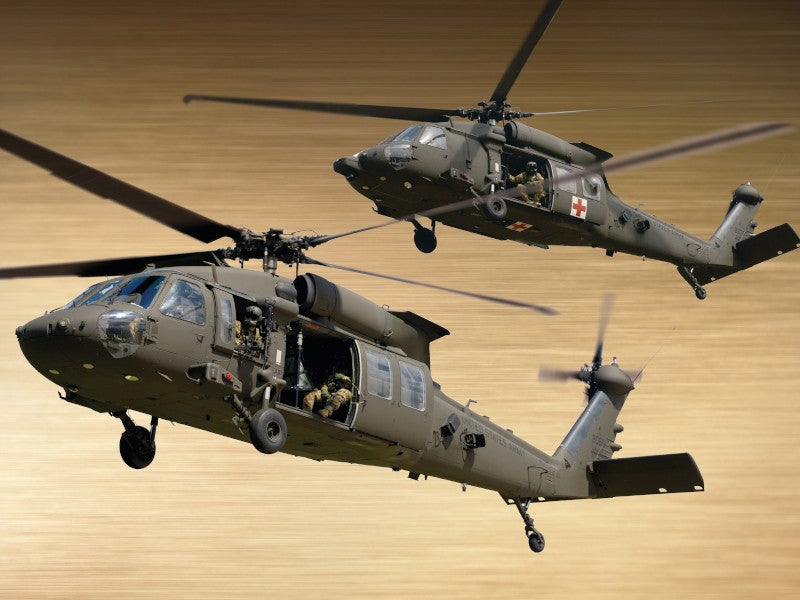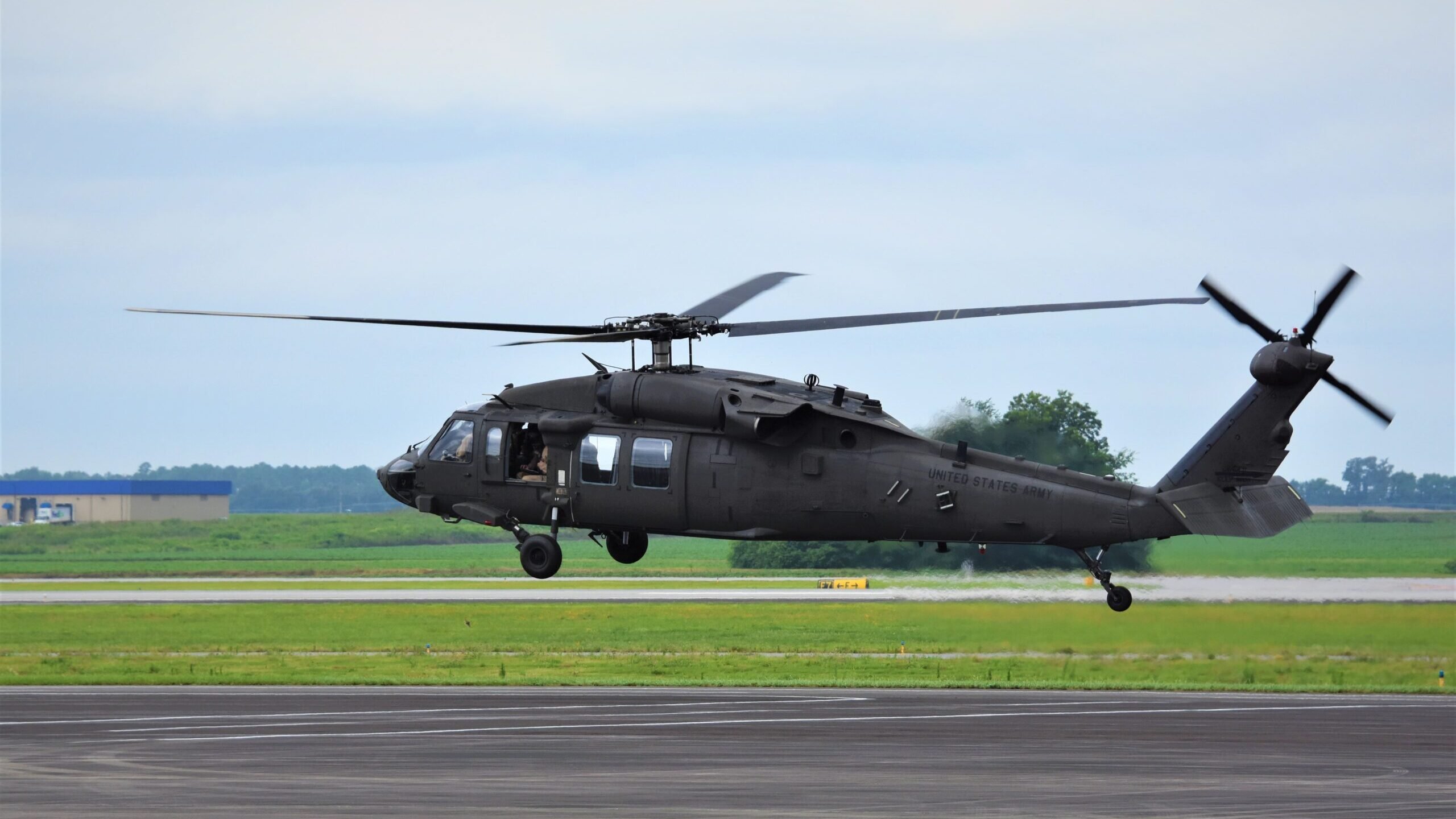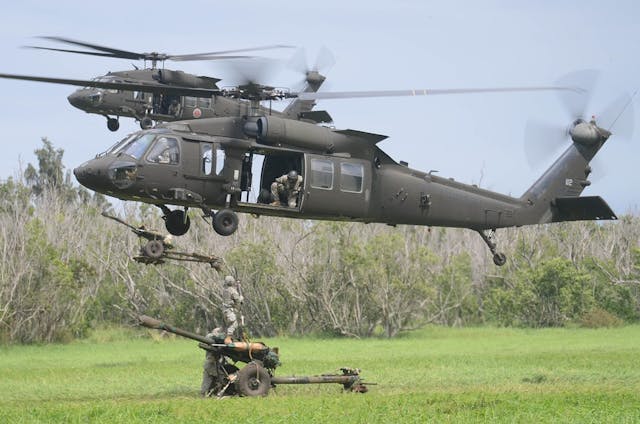Background and Growth of the UH 60 Black Hawk Helicopter
Background and Growth of the UH 60 Black Hawk Helicopter
Blog Article
The Impact of Sustainable Practices on the Future of Airplane Procedures and Emissions Decrease
As the aviation market faces boosting analysis over its environmental effect, the fostering of lasting techniques becomes an important path towards future aircraft operations and exhausts decrease. Advancements in lasting air travel fuels and advancements in crossbreed propulsion innovations stand at the leading edge of this makeover, promising significant reductions in greenhouse gas exhausts. Nonetheless, the successful integration of these initiatives depends upon a range of aspects, including regulative frameworks and market cooperation. The concern stays: exactly how will these progressing practices improve the characteristics of flight and add to an extra sustainable future?

Introduction of Sustainable Practices
Lasting methods in airplane operations include a range of methods targeted at lowering ecological influence while keeping functional efficiency. These practices are crucial in the aeronautics market's commitment to decreasing its carbon impact and sticking to worldwide environmental criteria. Trick efforts include optimizing trip courses to decrease gas intake, improving maintenance protocols to make sure aircraft run at peak efficiency, and applying sophisticated technologies such as winglets and light-weight products that enhance aerodynamics.

Engaging and training staff on sustainability practices likewise play an important duty, cultivating a culture of environmental responsibility within companies. In general, the assimilation of these lasting techniques not just helps in reducing emissions however additionally improves the lasting stability of the aeronautics market, ensuring it satisfies the demands of both consumers and governing bodies while adding to worldwide sustainability goals.
Innovative Gas Alternatives
Countless ingenious gas alternatives are becoming essential services to decrease the aviation sector's reliance on traditional nonrenewable fuel sources. Amongst these choices, Lasting Aeronautics Fuels (SAFs) have acquired considerable interest due to their potential to decrease lifecycle greenhouse gas exhausts by approximately 80% contrasted to traditional jet fuels. SAFs are originated from numerous feedstocks, including waste oils, agricultural residues, and also algae, making them a flexible option for the market.
An additional appealing choice is hydrogen fuel, which, when utilized in fuel cells, generates only water vapor as a result. Furthermore, electrical propulsion systems are being checked out, leveraging battery technology to power airplane.
Finally, biofuels originated from biomass are being investigated, providing an eco-friendly choice that can be combined with standard fuels. Jointly, these ingenious gas alternatives represent a critical step toward attaining a sustainable aeronautics environment, lining up with worldwide emissions decrease targets and enhancing the industry's environmental stewardship.
Technological Improvements in Air Travel

Just how can technical advancements improve the future of air travel? Innovations such as electric and hybrid propulsion systems are at the center, appealing significant decreases in fuel intake and greenhouse gas exhausts.
In addition, the execution of sophisticated products, such as light-weight compounds, adds to enhanced aerodynamics and gas efficiency. Making use of fabricated intelligence and artificial intelligence in trip operations maximizes course preparation and lowers gas burn by allowing real-time adjustments based upon weather and web traffic conditions. Additionally, the advancement of autonomous and from another location piloted airplane systems stands to revolutionize cargo and passenger transport, potentially raising efficiency while decreasing human error.
In addition, sustainable aeronautics innovations, including advanced air traffic management systems, can reduce and enhance procedures congestion, bring about lower discharges throughout trip. These developments jointly stand for a paradigm shift in aviation, guaranteeing a future where sustainability and functional performance are linked, thereby supporting the sector's commitment to minimizing its ecological influence.

Regulative Framework and Conformity
Because of the growing focus on environmental stewardship within the aviation sector, the regulatory structure governing airplane check out this site procedures is developing to promote sustainable techniques. Regulatory bodies, such as the International Civil Aviation Company (ICAO) and various national aviation authorities, are introducing stringent guidelines intended at minimizing discharges and boosting operational efficiency.
These guidelines usually consist of the adoption of Lasting Air travel Fuel (SAF), which has been acknowledged as a vital component in accomplishing reduced carbon footprints. In addition, compliance with these regulations calls for airline companies to apply advanced innovations and operational techniques, such as enhanced flight courses and boosted air website traffic administration, to minimize gas usage.
In addition, the enforcement of emissions trading plans and carbon offsetting efforts is coming to be increasingly prevalent, engaging airlines to monitor and report their exhausts precisely. Non-compliance can cause significant penalties, hence pushing drivers to focus on sustainability in their company designs.
Eventually, the advancing regulative landscape not only drives advancement and investment in green technologies yet likewise promotes a culture of liability within the aviation sector. As these structures remain to develop, the concentrate on lasting techniques will be important to attaining the industry's long-lasting ecological objectives.
Future Trends in Aircraft Operations
As the aviation industry adapts to an increasingly rigorous regulatory setting, future patterns in airplane operations are set to concentrate on cutting-edge services that additionally boost sustainability and efficiency - uh 60. Trick developments will likely include the fostering of advanced air web traffic management systems, which utilize real-time data and expert system to enhance trip paths, reducing gas usage and emissions
One more considerable pattern is the enhanced assimilation of lasting aviation gas (SAFs) These choices to standard jet fuel, stemmed from eco-friendly resources, can significantly lower lifecycle greenhouse gas emissions. The industry's dedication to SAFs will likely speed up as airline companies team up with gas producers to make certain availability and cost-effectiveness.
Additionally, the push towards electrification and crossbreed propulsion systems is obtaining energy. Emerging airplane styles will More hints incorporate these technologies, offering quieter and a lot more reliable operations, specifically for short-haul trips.
Final Thought
The fostering of sustainable aviation gas, paired with developments in hybrid and electrical propulsion systems, is vital for decreasing lifecycle greenhouse gas exhausts. Maximizing trip paths and accepting cutting-edge innovations contribute to a quieter and much more eco friendly aeronautics field.
Advancements in lasting aviation gas and improvements in hybrid propulsion innovations stand at the leading edge of this makeover, encouraging significant reductions in greenhouse gas discharges.Numerous ingenious gas alternatives are arising as essential solutions to reduce the air travel market's reliance on traditional fossil fuels - uh 60. Amongst these options, Lasting Aeronautics Fuels (SAFs) have obtained significant interest due to their prospective to reduce lifecycle greenhouse gas emissions find out here by up to 80% contrasted to standard jet gas.An additional considerable fad is the increased assimilation of sustainable air travel fuels (SAFs) The fostering of lasting air travel fuels, combined with improvements in electrical and hybrid propulsion systems, is necessary for minimizing lifecycle greenhouse gas emissions
Report this page